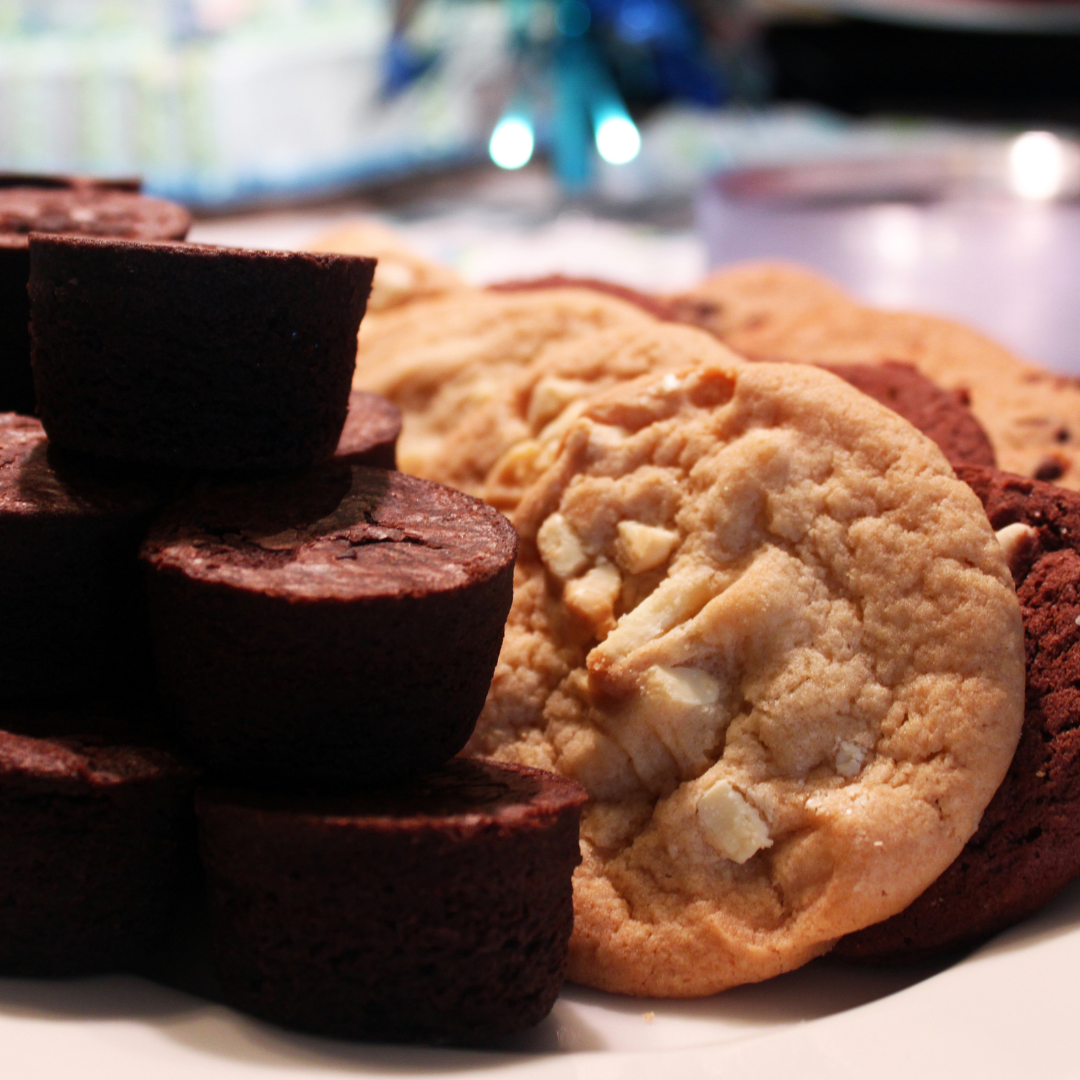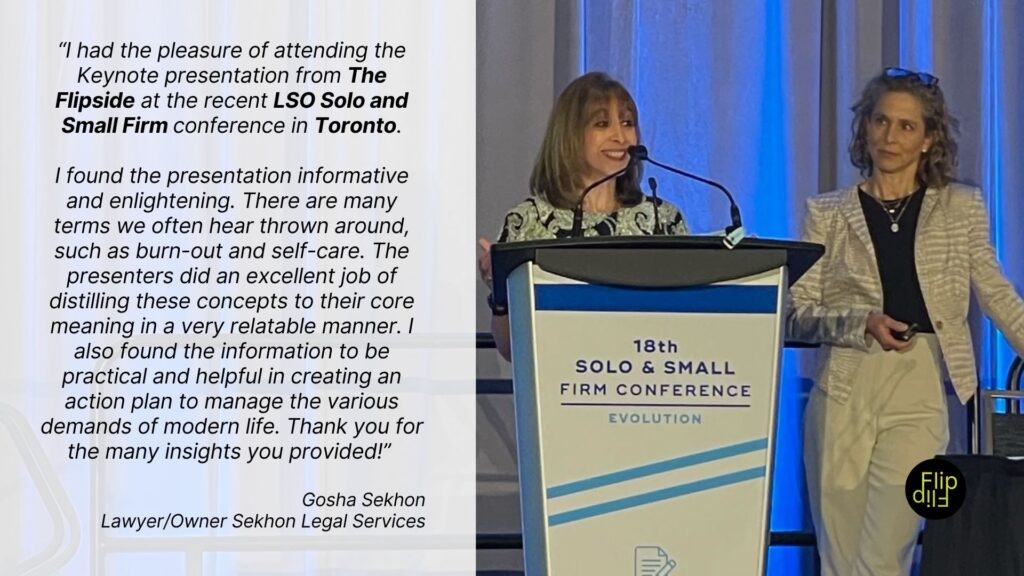Brain
Those cookies in your boardroom may be affecting the quality of your meetings!

It is 2:30 pm and you are entering a boardroom where you know you will spend a significant number of hours going through a lengthy agreement for a complex transaction. You ate a quick lunch in front of your computer while you typed the last edits to the agreement and grabbed the second (or third coffee) in preparation for your meeting. By 3:30 pm the negotiation is getting tougher, your energy is going down, and then you grab that tempting cookie that has been sitting in the tray for a while and the next cup of coffee in the hopes that it will get you through this long meeting.
But ask yourself: is that cookie really giving you the energy you need and helping you focus on the task at hand? Let’s find out.
The Gut-Brain connection: It is a real thing.
Science has done amazing things for humanity and scientific research has been the key to these developments. In the past decade, the scientific community has identified the existence of a “second brain” in our bodies hidden in the walls of our digestive system. This second brain may not be able to think like our big brain, but it communicates back and forth with it, creating an array of reactions that can affect many things, including but not limited to, our mood and cognition.
It is then not surprising that in the past number of years, scientists have been paying more attention to the impact that certain foods have not only on our bodies as a whole, but more specifically, on our brain functions as it relates to focus and productivity.
Can food impact your productivity?
It turns out that the food you eat can have a positive or negative impact on your productivity.
We have been told from our early school years that our body, and mostly our brain, need energy to perform its functions. Of course, we also know that such energy comes directly from the food that we eat, but not all food is created equal and consequently, some food will help us by providing longer-lasting energy, while others, may provide us with a simple burst of energy followed by a deep slump that will leave us lethargic and with difficulty to focus and of course, the need for another cookie. The latter is exactly what happens when we go for that cookie during our negotiation meeting, leading perhaps to the unwanted result of having a room full of people that have a hard time focusing and coming up with creative ideas to solve the problem.
Be mindful however, that when your body is desperately searching for that cookie, it is probably a real need for real energy. Don’t ignore it, but be mindful that the choice you make then can help you navigate the afternoon with extended energy, or it can turn you into a “cookie monster”!
A study published in the British Journal of Health Psychology in 2015, concluded that the consumption of fruits and vegetables may be related to a broader range of well-being states and it was also related to greater self-reported curiosity and creativity. These two qualities are key to focus and productivity.
A few ideas to consider for your next meeting.
We like to focus on the things we can control, rather than the opposite. So, let’s divide these ideas into two very clear scenarios:
If you control the food that comes into the Boardroom:
- Substitute the sugary snacks, cookies, tarts, and individually wrapped candies, for individually wrapped small dark chocolate bars (70% or more) – there is always a sweet tooth in those meetings and dark chocolate will give them the treat and help them improve their focus.
- If fruits are an option, then make sure you provide berries or other seasonal fruit such as apples or pears during the winter months.
- Cut veggies are always a good option (carrots and celery are the most common).
If you don’t control the food that comes into the Boardroom, i.e, you are the guest:
- Have a good breakfast or lunch before your big meeting – make sure you eat enough and not too much. You want to be sharp and energized rather than lethargic.
- Drink water and stay hydrated – many times our “need” to grab that cookie or chips is more the consequence of stress rather than hunger. Staying hydrated will help.
- Bring your own – while this sounds rather extreme, long meetings usually have breaks. Use the breaks to snack on your fruits or nuts and seeds. Remember that the goal is for you to stay sharp and focused.
The goal of increasing productivity and focus, individually and as part of a team, should be supported by facilitating all the members of our teams their efforts in doing so. Check what is available in your boardrooms (for internal and external meetings) and start making small changes to make sure that the better option is the easiest option!
Stay focused and productive,
MV





